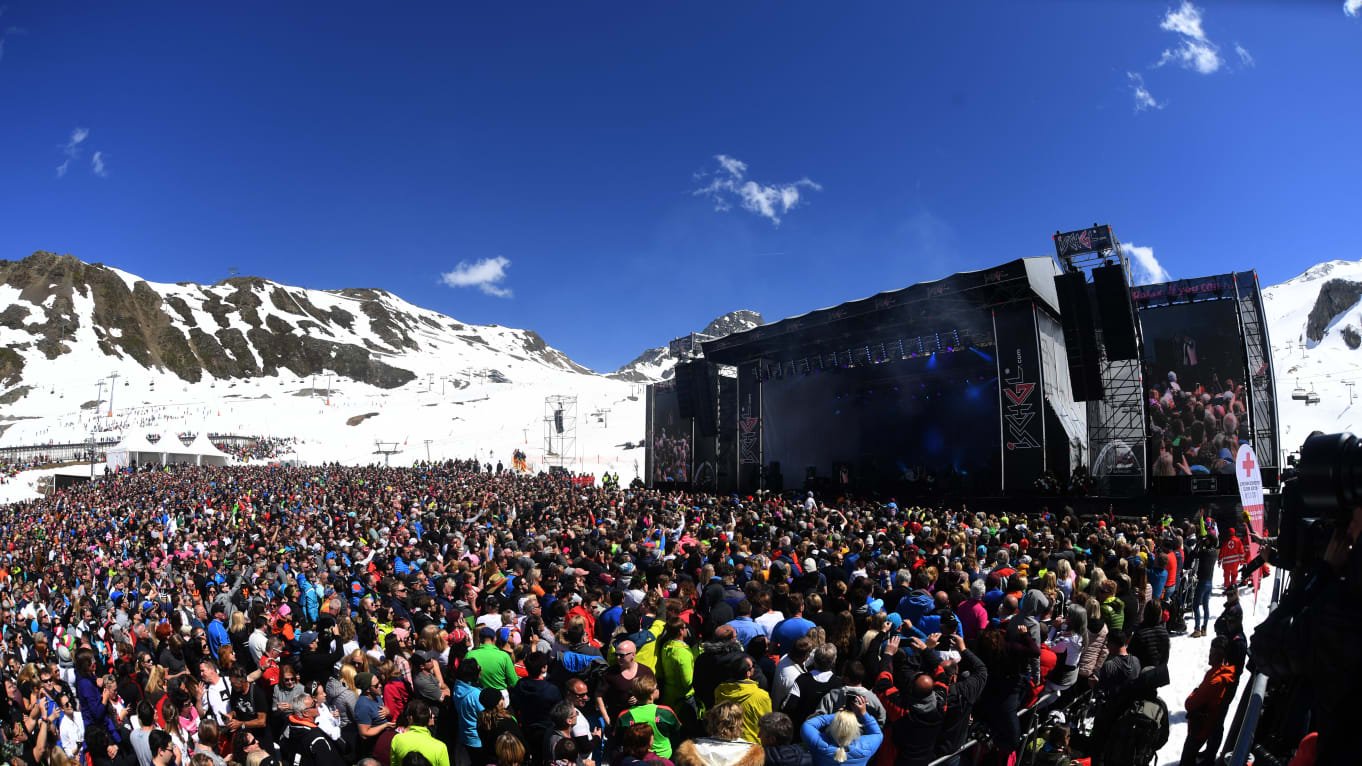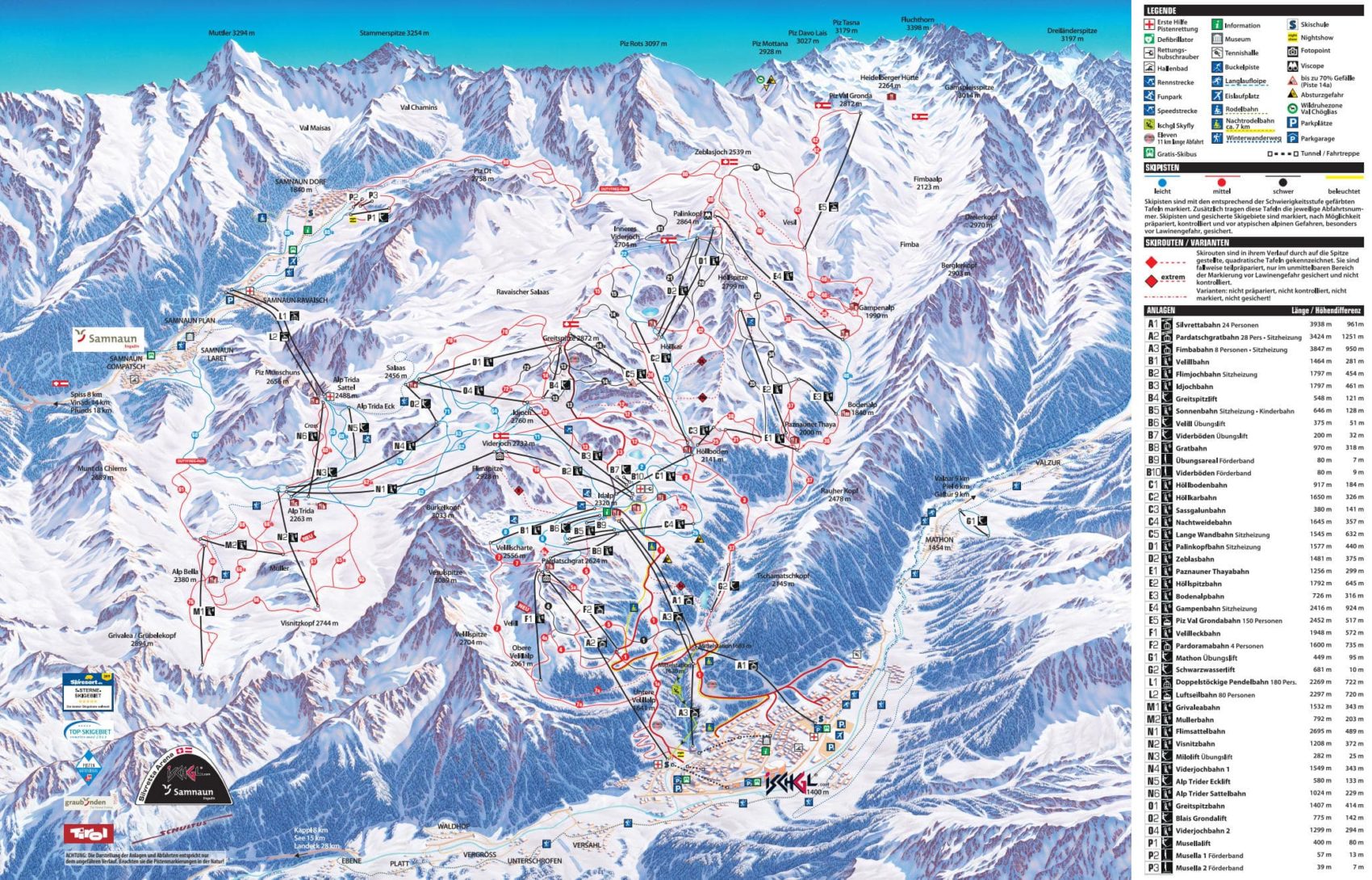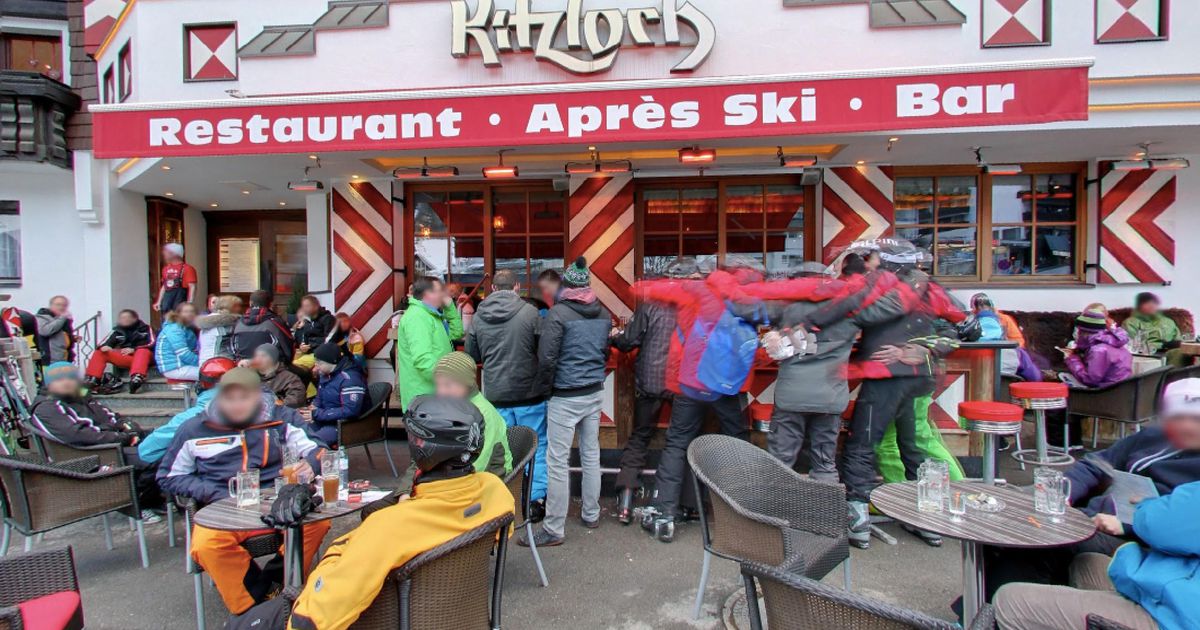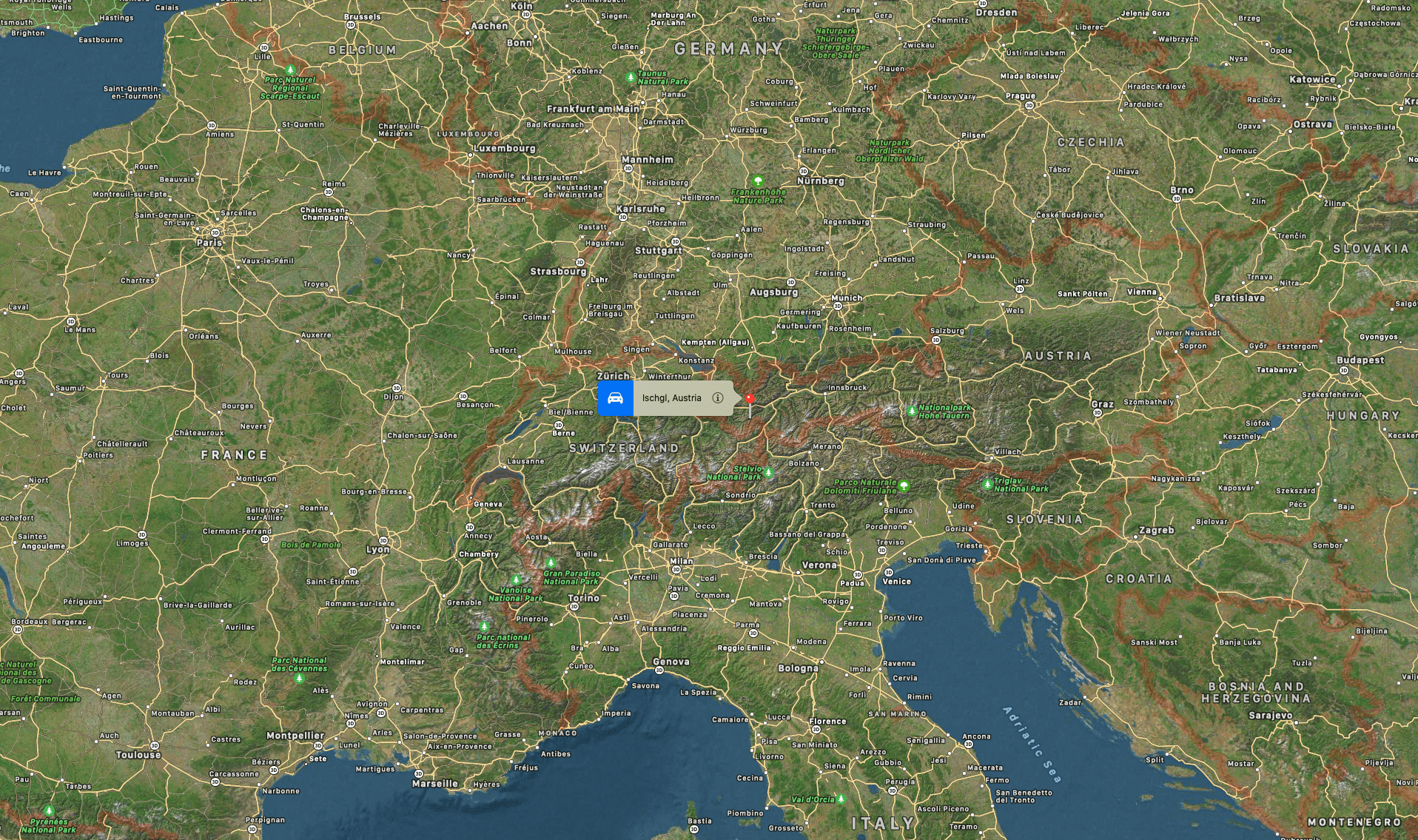
Austrian national and local authorities have been blamed for their slow reaction to the coronavirus outbreak at Ischgl, the ski resort that became the epicenter of the disease in Europe.
“Momentous miscalculations” were made by local authorities in Tyrol, Austria when the first positive tests were made in the resort of Ischgl, who reacted too slowly, said Ronald Rohrer, chairman of the expert commission set up to examine the outbreak response.
“From March 8, a correct assessment should have led to the closing of bars, the stopping of ski lifts and orderly management of departures…”
– Ronald Rohrer
It isn’t just local authorities under scrutiny, Rohrer was also critical of the poor communications from officials at both a local and national level. Chancellor Sebastian Kurz announced a quarantine from March 13 without explaining that foreign visitors would be allowed to leave. This resulted in a mass panic with tourists fleeing Ischgl to avoid a lockdown rather than waiting for an organized evacuation, ultimately leading to the mass spread of the virus around Europe.
“The chancellor announced the quarantine while that wasn’t his job, surprisingly, and without proper preparation. That created a panicked reaction from guests and workers. Some of the guests jumped into their cars with their ski boots still on, and rental skis were thrown into the entranceways of shops.”
– Ronald Rohrer
The first lawsuits from people who claim they contracted coronavirus at Ischgl ski resort in Austria begin last month, with this latest report looking to help their case. More than 6,000 people from across Europe, and including 28 from the USA, contacted officials regarding a class-action lawsuit against the Austrian ski resort at the center of a criminal investigation that seeks to pin the blame on local authorities for their handling of the outbreak, and by initially trying to bury it. Almost 1,000 of those are joining a class-action lawsuit.
“In individual cases, we’re talking about claims of €100,000 ($118,000).”
– Peter Kolba, head of the Austrian Consumer Protection Association (VSV)
Allegedly, Ischgl’s local ski resort — Silvretta Mountain — was allowed to remain open for a week after the resort knew that they had a coronavirus outbreak. On March 4, several Icelandic nationals tested positive for COVID-19 after having returned from Ischgl. CNN reports that Iceland warned Austrian officials that the travelers had contracted the coronavirus in Ischgl, but by that time it was already too late — the virus was already in full swing in the alps. Some are suggesting that the initial outbreak could have gone back further than the first week of March.

On March 24, Austrian prosecutors opened an investigation into allegations that a suspected infection in the resort was covered up as early as February, The Telegraph reported. They said they were investigating possible negligence over the delay in closing the resort and are investigating a claim for the “reckless endangering of people through infectious disease.”
After the March 4 warning from Iceland, Austrian authorities allowed the ski resort to operate for another nine days before fully quarantining the resort on March 13. The medical authority of Tyrol had released a press release on March 8, stating that there was “no reason to worry.”
The Austrian media accused Ischgl business owners of ‘wilfully spreading the virus’ by putting tourism takings before public health. Ischgl and the surrounding area sees around 500,000 visitors each winter.
“Greed took precedence over the responsibility for the health of the community and guests.”
– Austria’s Der Standard Daily.
Town officials, however, deny the allegations, insisting that they adhered to all public health warnings issued by the Austrian government and have since broken their silence and released their own timeline of events.
- Related: Austrian Province of Tirol Provides Detailed Timeline in Defence Against Ischgl Coronavirus Lawsuit
The delay has caused a political storm and Austria’s government has promised to investigate on the basis that “errors may have been made” in the handling of the crisis.

Questions about just how much authorities and officials knew and when they knew it is central to the criminal proceedings. It’s alleged that high-ranking politicians, mayors, hotel owners, and powerful representatives of the ski industry, put economic interests ahead of public safety.
“They had good reasons to cover this up, and those reasons are financial.”
– Peter Kolba, head of the Austrian Consumer Protection Association
A class action is likely to hinge “on whether there were culpable, unlawful actions by the authorities,” Heinz Mayer, former dean of the faculty of law at the University of Vienna told the Washington Post.
One of the travelers seeking to join the lawsuit is a New Jersey man who claims he passed the virus on to his father who then died of COVID-19 three-weeks later.
A university study showed that 42% of residents in Ischgl had antibodies for Covid-19, giving the area the world’s highest COVID infection rate.
“The seroprevalence of study participants from Ischgl is 42.4%. We are dealing in Ischgl with the highest seroprevalence ever proven in a study. Even though at that rate herd immunity cannot be assumed, Ischgl’s population should be protected (from the virus) to a large extent.”
– Dorothee von Laer, director of the Medical University of Innsbruck’s Institute of Virology
The prevalence rate was the highest recorded in scientific literature so far, said Dorothee van Laer, a virologist at the Medical University of Innsbruck who led the study. Similar studies conducted nearby have resulted in much lower infection rates, for example, Switzerland’s Groeden with 27% and Geneva with 10%.
